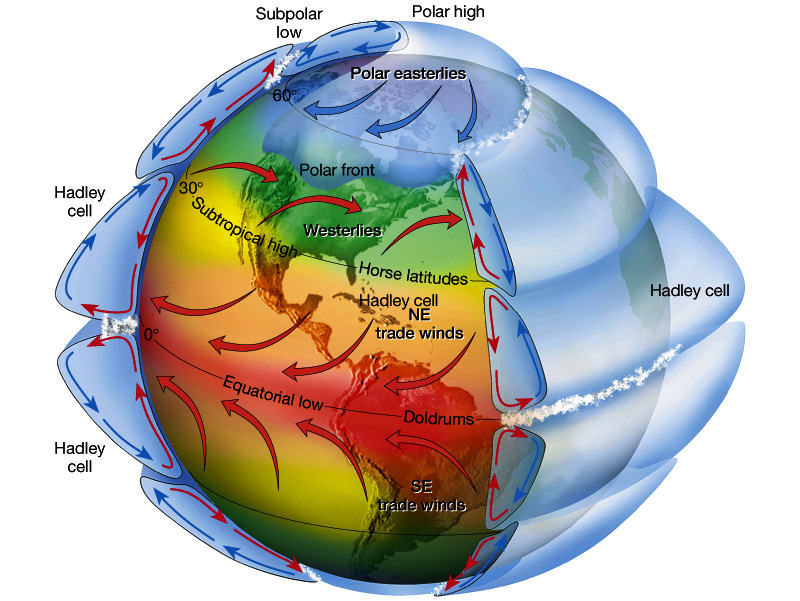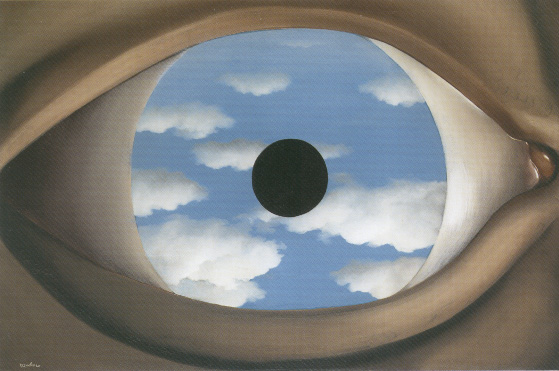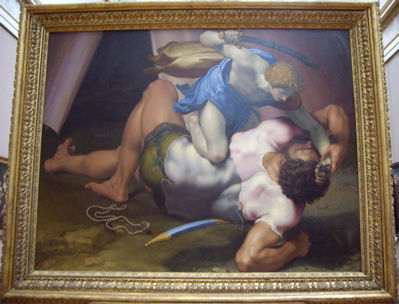Civilization and Die Weltanschauung, 1918 1.
"By Weltanschauung, then, I mean an intellectual construction which gives a unified solution of all the problems of our existence in virtue of a comprehensive hypothesis, a construction, . . . "
"It is easy to see that the possession of such a Weltanschauung is one of the ideal wishes of mankind. When one believes in such a thing, one feels secure in life, one knows what one ought to strive after, and how one ought to organize one's emotions and interests to the best purpose."
"Such an attitude is considered particularly respectable, tolerant, broad-minded and free from narrow prejudices. Unfortunately it is not tenable; it shares all the pernicious qualities of an entirely unscientific Weltanschauung and in practice comes to much the same thing. The bare fact is that truth cannot be tolerant and cannot admit compromise or limitations, that scientific research looks on the whole field of human activity as its own, and must adopt an uncompromisingly critical attitude towards any other power that seeks to usurp" the power one has to think independently or judge rationally for themselves.
The role of scientific thought:
"It is inadmissible to declare that science is one field of human intellectual activity, and that religion and philosophy are others, at least as valuable, and that science has no business to interfere with the other two, that they all have an equal claim to truth, and that everyone is free to choose whence he shall draw his convictions and in what he shall place his belief."
"In contradistinction to philosophy, religion is a tremendous force, which exerts its power over the strongest emotions of human beings."
"Religion is an attempt to get control over the sensory world, in which we are placed, by means of the wish-world, which we have developed inside us as a result of biological and psychological necessities. But it cannot achieve its end. Its doctrines carry with them the stamp of the times in which they originated, the ignorant childhood days of the human race. Its consolations deserve no trust. Experience teaches us that the world is not a nursery. The ethical commands to which religion seeks to lend its weight require some other foundation instead, for human society cannot do without them, and it is dangerous to link up obedience to them with religious belief. If one attempts to assign to religion its place in man's evolution, it seems not so much to be a lasting acquisition as a parallel to the neurosis which the civilized individual must pass through on his way from childhood to maturity. . . ."
 |
 |
 |
| "Eigen Welt" | Mitwelt | "Umwelt" |
| personal | social | biophysical |
| Ontology | civilization | nature |
self awareness |
awareness of others |
sensory responsiveness |
| Three divisions of experience in Gestalt Psychology | ||
"The inclination to aggression is an original, self-subsisting instinctual disposition in man, and I return to my view that it constitutes the greatest impediment to civilization."
Contested arena of life
"I think, the meaning of evolution of civilization is no longer obscure to us. It must present the struggle between Eros and Death, between the instinct of life and the instinct of destruction, as it works itself out in the human species. This struggle is what all life essentially consists of, and the evolution of civilization may therefore be simply described as the struggle for life of the human species."
1. Web source is: Sigmund Freud: Civilization & Die Weltanschauung, 1918.
Unless otherwise indicated the specific electronic form of the document linked above is copyright. Permission is granted for electronic copying, distribution in print form for educational purposes and personal use. If you do reduplicate the document, indicate the source. No permission is granted for commercial use of the Sourcebook.
© Paul Halsall,
January 1999.
halsall@fordham.edu



